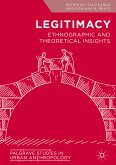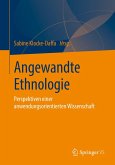The work draws on wide-ranging area analysis to develop inductively new concepts and approaches for further use in explanation and application. Divided into two parts, it begins with analysis of revolution and socio-political unrest, followed by models of ethnic conflict and elite circulation in developing societies. It presents the cultural dialectic present in Islam. It then lays out the patterns of mediation and negotiation in managing and resolving conflict, culminating with an analysis of intractables. Part two on governance lays out the nature of world order, cooperation, and conciliation. It then turns to the challenges of identity, ideology, and interest, with some specific attention to the nature of borders and borderlands, and focuses on governance as conflict management and as negotiation.
- This book encompasses a new analysis of a neglected part of International Relation, the prevention and management of conflict.
- The book confronts sources and patterns of contentious politics with systems and methods of governance.
- The book lays out a comprehensive conceptualization of the process of conflict management and negotiation, including questions of when as well as how.
Dieser Download kann aus rechtlichen Gründen nur mit Rechnungsadresse in A, B, BG, CY, CZ, D, DK, EW, E, FIN, F, GR, HR, H, IRL, I, LT, L, LR, M, NL, PL, P, R, S, SLO, SK ausgeliefert werden.









